The Tao of Spirituality
The first component of human happiness lies in a person's ability to live a complete or whole life. Human life is characterized by diversities, inequalities and also by opportunities for making strides. Life's broad aspect is the collective spirit as well as the parochial or narrow aspect in the form of an individual. Life can be lived by a fragmented view as well as by being in harmony with nature. It can also be lived by dedicating it completely to a cause. There are people who live by doing karma. There are others who are fatalists and live by leaving everything to destiny. Life can also be lived exclusively for physical and materialistic comforts. One can live peacefully at spiritual level too. One can live a principled life or a life given to wantonness and free will. The meaningfulness of life is hidden in the word ‘why’. In the absence of an answer to this question, the very contrast between life and death will disappear. We cannot call that life worthy of living if it doesn't have a purpose or its basis is nota desire to do something or be something. There is no way to extricate humanity from this situation. Can we see human culture still preserved? Can this beastly state of jiva be purged of its baseness? Yes, it is possible provided he endeavours to live a balanced life embedded in the four human pursuits—kama (desire), artha (wealth), dharma (righteousness) and moksha (liberation). The ultimate aim of human life is mnoksha (liberation) which can be achieved only if a person limits his desires, doesn't possess wealth beyond a limit, observes righteousness in his conduct. In the book the Tao of Spirituality the poet shows us graded steps to spirituality. The aforesaid four human pursuits constitute the Tao of spirituality. We hope the book will inspire people to follow the path of spirituality as portrayed by the poet in the form of verse in this book.
Get it now and save 10%
BECOME A MEMBER

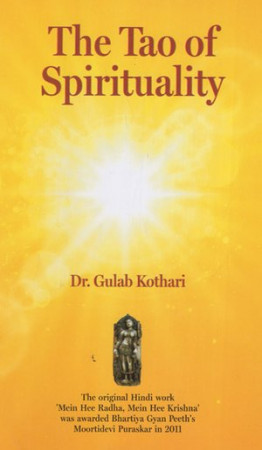
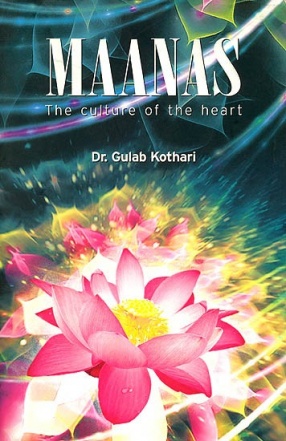
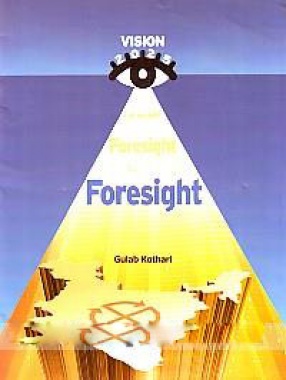
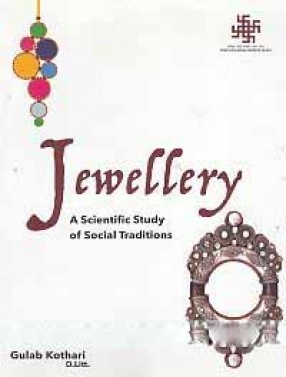
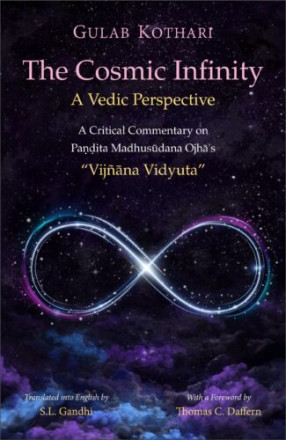
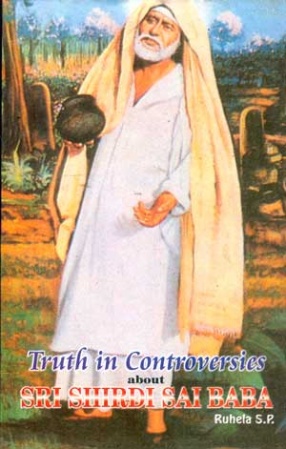


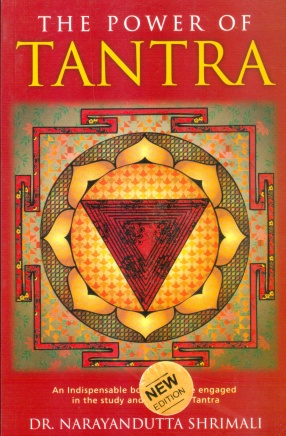

Bibliographic information